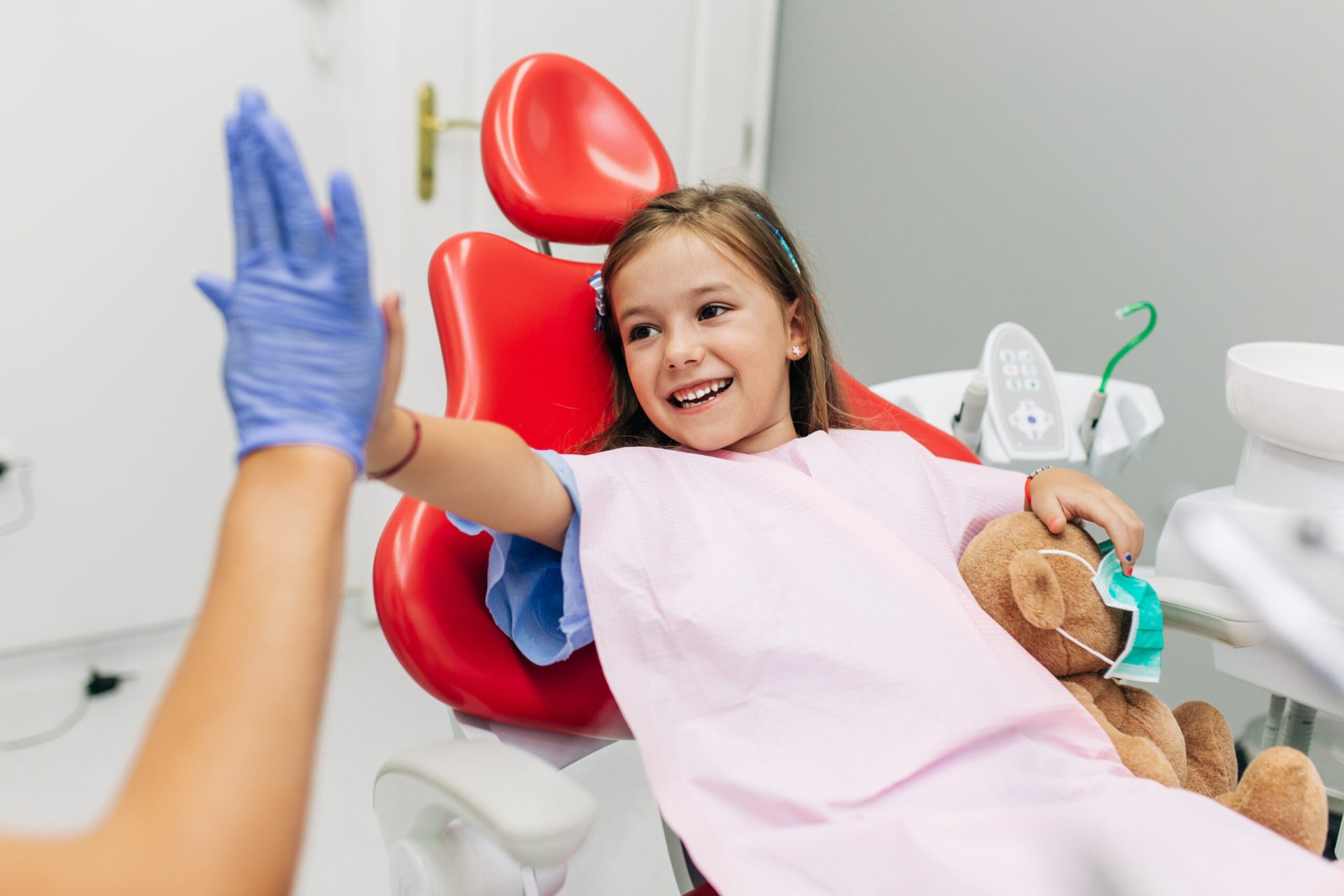Last Updated on March 11, 2024 by admin
Taking care of your infant’s teeth is the next most challenging phase of your parenting journey. Baby teeth can prompt serious dental issues in their lives if they are lost too soon or impacted by cavities. Certain dental conditions have also been found to obstruct the eruption of adult teeth.
Among various dental issues in babies, baby bottle tooth decay is one of the most serious ones. Untreated tooth decay is painful, expensive to cure, can result in infections, and may pose a serious risk to one’s life if a timely visit to the best baby dentist in Alpharetta, GA has been overlooked. And what exactly is baby bottle tooth decay? Read on to wake up before it’s too late.
Baby Bottle Tooth Decay: Everything You Should Know
Baby bottle tooth decay is a dental condition that continues to affect the regular activities of millions of infants and toddlers around the world. The situation is commonly referred to as “cavities” that appear in young kids.
Given this dental condition, every tooth in a child’s mouth can be affected by cavities at a very young age. The upper front teeth of a baby or toddler are most commonly affected. However, early detection of tooth decay can provide some reassurance. If you are a parent, be cautious right now! In most cases of severe tooth decay, tooth extraction is the last option your dentist would suggest.
Baby bottle tooth decay is commonly blamed on bacteria that produce acids in the child’s mouth. On top of that, it has some major causes.
Tooth Decay in Babies: What are the main causes?
As said, when bacteria present in a baby’s mouth release acids, dental problems like tooth decay begin to erupt. No matter how much care you take or how cautious you are with your child, bacteria can still enter their body through their saliva. In short, it can be the saliva of their little friends or a kiss from the caretaker. Therefore, it’s worthwhile to test infants, and wiping off their mouths may prevent elements that can contribute to the transmission of bacteria.
The second cause is food, especially sweets. Tooth decay is possible when a toddler’s teeth come into contact with food or drink and remain exposed for an extended period of time. Bacteria in the mouth convert ingredients, mainly sugar from food, into acid. As a result of this, the teeth begin to deteriorate as acid spreads to other layers of the mouth.
Most notably, sweetened or unsweetened milk shouldn’t be given to toddlers throughout the day. It is best if you serve it with meals. All breastfeeding women must ensure oral hygiene. You can be more cautious about educating your kid about a balanced diet if they are mature enough that they can understand and follow your advice.
Tooth Decay in a Baby: Why Should You Be Concerned As A Parent?
Since baby teeth last for a short time before falling out, most parents skip all preventive measures. But bear in mind that baby teeth play a crucial role in the future oral health of your child, so stay away from false assumptions. They aid the infant in developing good chewing, smiling, and speaking habits. Untreated teeth can cause intense pain, oral infections, and other dental problems that we don’t want that little champ to undergo.
Problems Caused by Baby Bottle Tooth Decay
Given below are some solid reasons why you should be concerned about tooth decay—because it is more than just a mere pain.
- Impaired speech
- Crooked or uneven teeth
- Poor eating habits
- Damaged adult teeth
- Bleeding or bruising
Misaligned teeth, also known as crooked teeth, are one of the most common dental conditions that develop as a child grows from childhood to adulthood. Later on, parents are forced to take their children for orthodontic treatment, which is prohibitively expensive. So consider taking preventive action today.
How to Prevent Baby Tooth Decay
- Take a soft cloth to wipe the baby’s gums after feeding. Don’t hesitate to clean their mouth after every hour—no matter if they are too little or averagely young.
- As soon as the first tooth erupts, you should begin taking care of their oral hygiene. Get advice from the kids’ dentist, Johns Creek.
- Once you can see the baby’s teeth, you can continue the flossing routine.
- Make sure the kid isn’t sleeping with any bottles or something they can sip.
- Keep visiting a nearby pediatrist expert from the first day you notice milk teeth in your child’s mouth.
Final Thoughts
However, most children are unaware of the problem until their parents give them sweetened drinks before bed. If you allow your kids to frequently use bootle to consume liquids such as milk, there are more chances of getting baby bottle tooth decay. So it’s better to take precautionary measures and seek help from experts in dentistry for children today if the matter is already serious.

